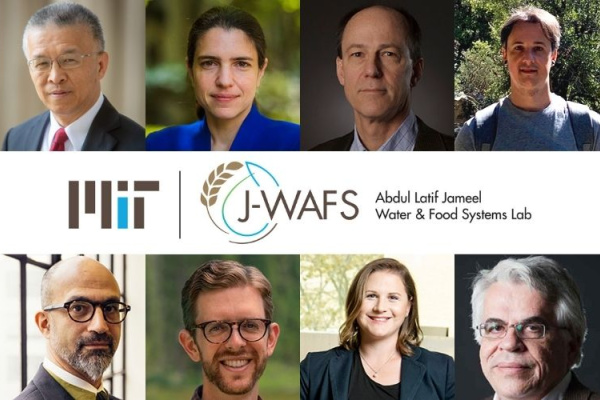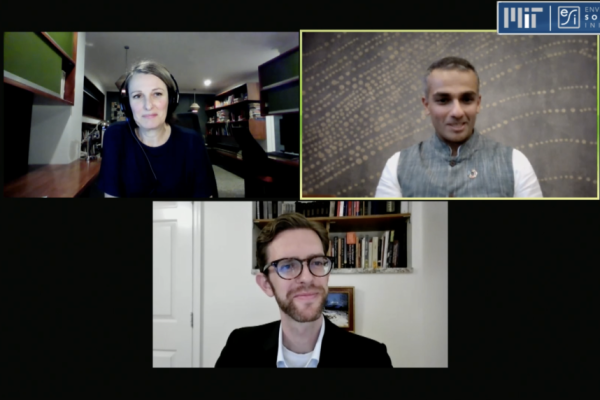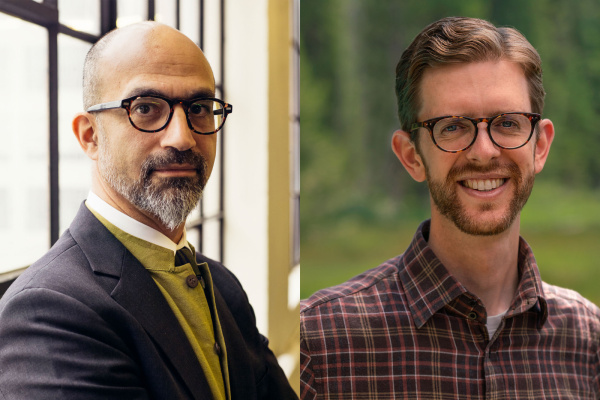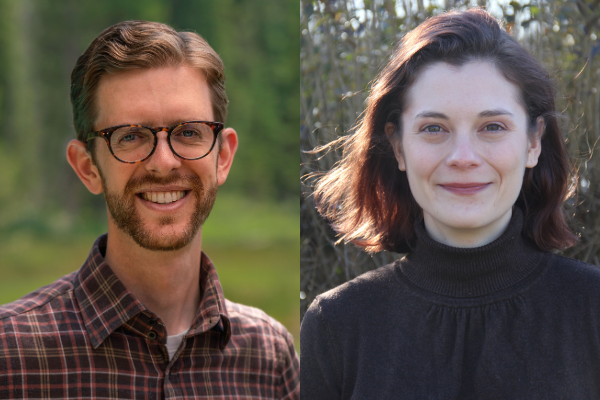Our Research Converging trends in climate change, mining, and agriculture: Analysis of hydrosocial relations over desalination and glaciers in Chile
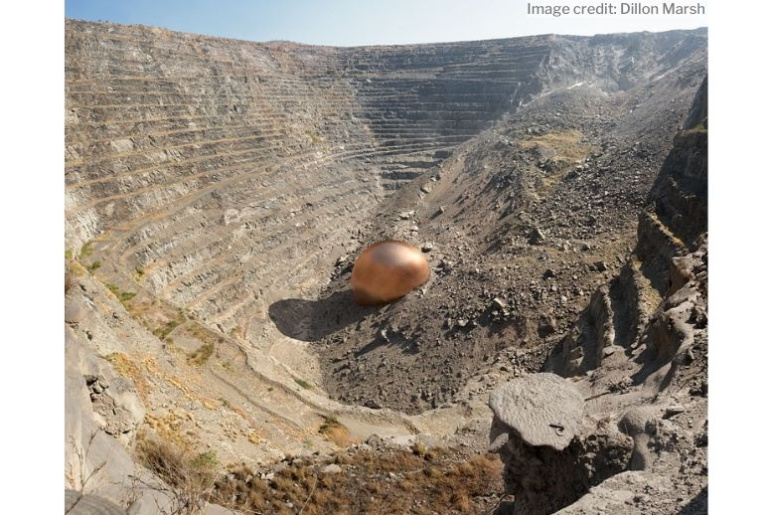
A visual representation of the amount of copper extracted from South Africa's Palabora Mine compared to the footprint of the extraction site itself (By Dillon Marsh, http://dillonmarsh.com/fwiw.html)
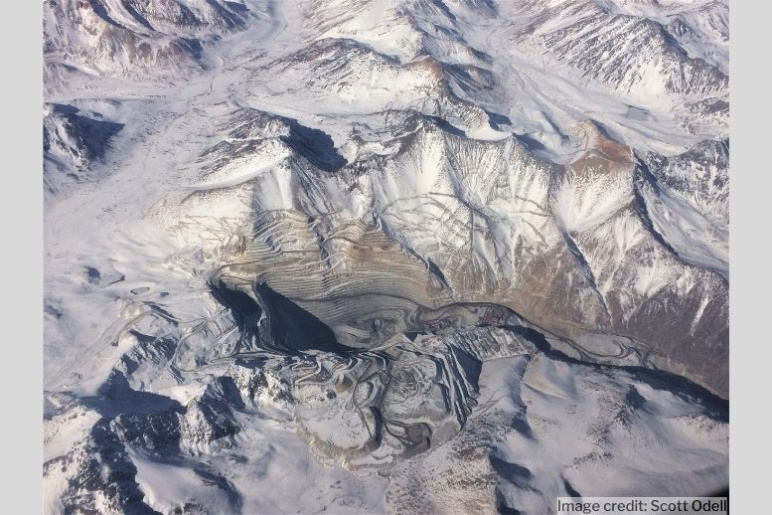
A mine in the high Andes, surrounded by snow
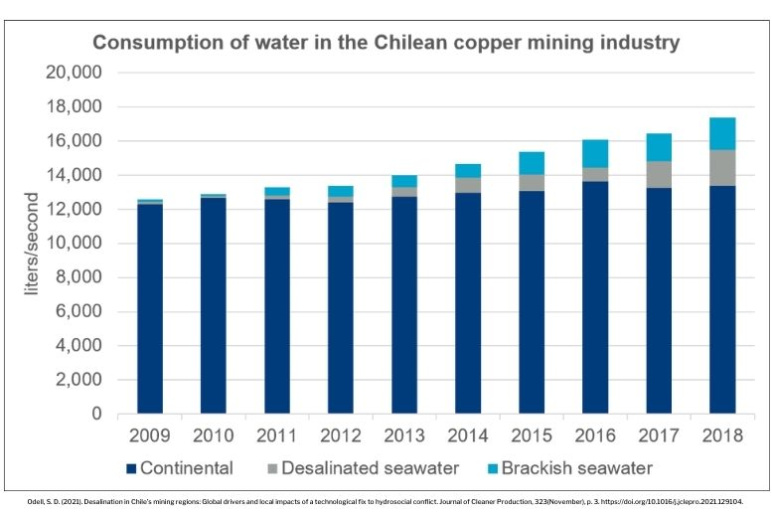
Consumption of water in the copper mining industry, Chile, 2009-2018 (liters/second)
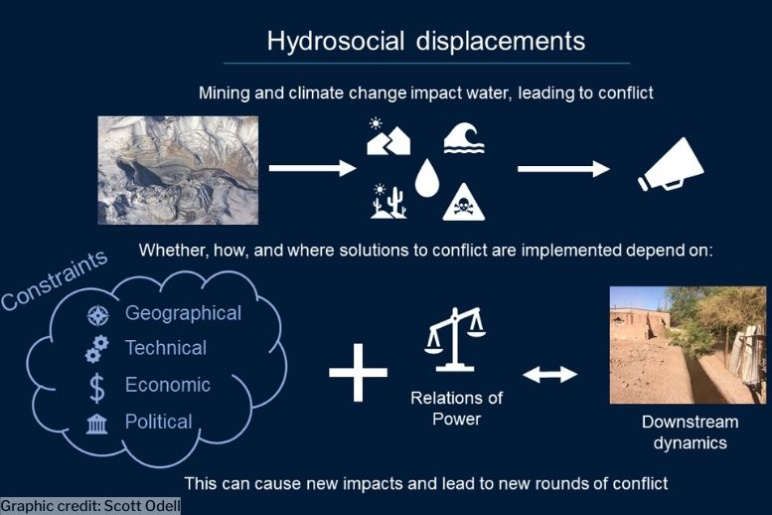
The framework of hydrosocial displacements used in this work indicates that unless harms to water are removed altogether, attempts to fix them often simply transform or move them somewhere else
Principal Investigators
Challenge:
How is the expansion of seawater desalination by the mining industry affecting local populations in Chile? How are converging impacts of climate change and mining affecting Andean glaciers and the agricultural communities dependent upon them?
Research Strategy
- Conduct interviews and focus groups with stakeholders from communities, government, and the mining industry to understand key concerns related to climate change, desalination, and glaciers
- Use Geographic Information Science (GIS) to map the intersection of mining, glaciers, and communities in Chile
- Improve knowledge of how increased demand for minerals used in clean energy technologies will affect communities that host mining operations
- Inform policies to reduce social and environmental harms from mining, desalination, and climate change
Project description
Global efforts to mitigate climate change by transitioning to clean energy technologies are expected to increase demand for minerals from Global South countries. While this could have economic benefits for national mining sectors, it raises concerns over the environmental and social footprint of mining in regions long subject to conflict over water between extractive industries and small- and large-scale agriculture. Chile is a prime example of this dynamic; it is a top global producer of copper, lithium, and agricultural products, but has been subject to an unprecedented drought since 2010. Though substantial research exists on the impacts of global warming on mining and agriculture separately, little work has been done on climate change effects at the intersection of these two sectors that are foundational to local and global economies.
The team will employ Geographic Information Science (GIS) and qualitative methods like interviews and focus groups with key stakeholders to examine this topic. The project will produce findings that can be used by communities, government, and industry to respond to or reduce the negative impacts of mining and climate change in water-stressed regions of Chile and around the world.
Publications
From obstacles to heritage: The shifting status of glaciers across 150 years of mining research
Caroline White-Nockleby, Scott D. Odell, Energy Research & Social Science, 2025
Mine ownership and community relations: Comparing hydrosocial dynamics of public and private companies in Chile
Scott D. Odell and Anthony Bebbington, 2023
News
Additional Details
Impact Areas
- Water
- Food
- Climate & Sustainability
Research Themes
- Water Purification & Desalination
- Water Resources & Infrastructure
- Sustainability & Adaptation
- Economics, Policy, & Practices
- Equity & Access
Year Funded
- 2022
Grant Type
- Seed Grant
Status
- Ongoing


